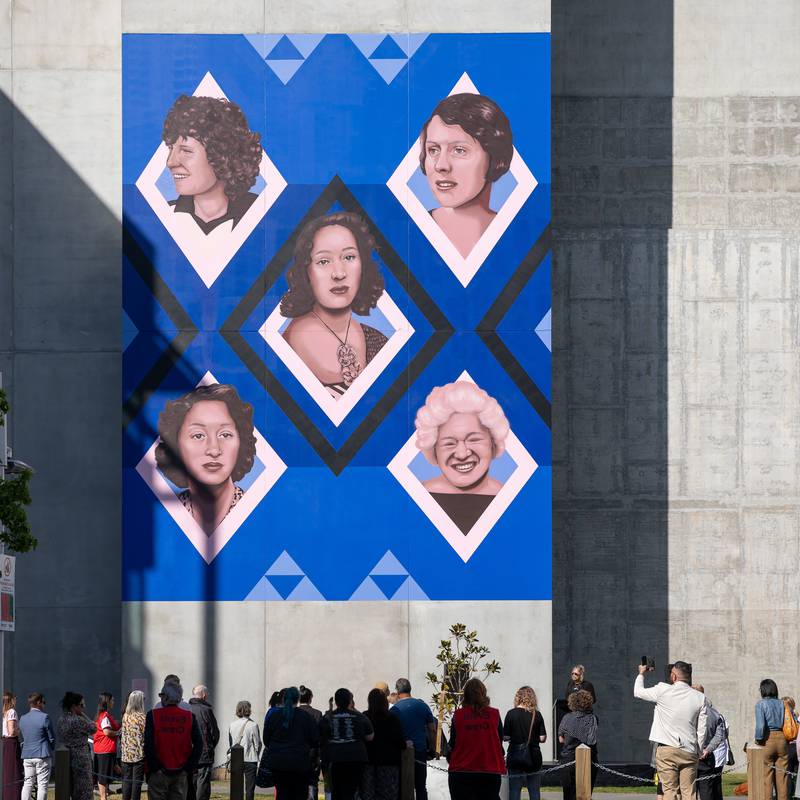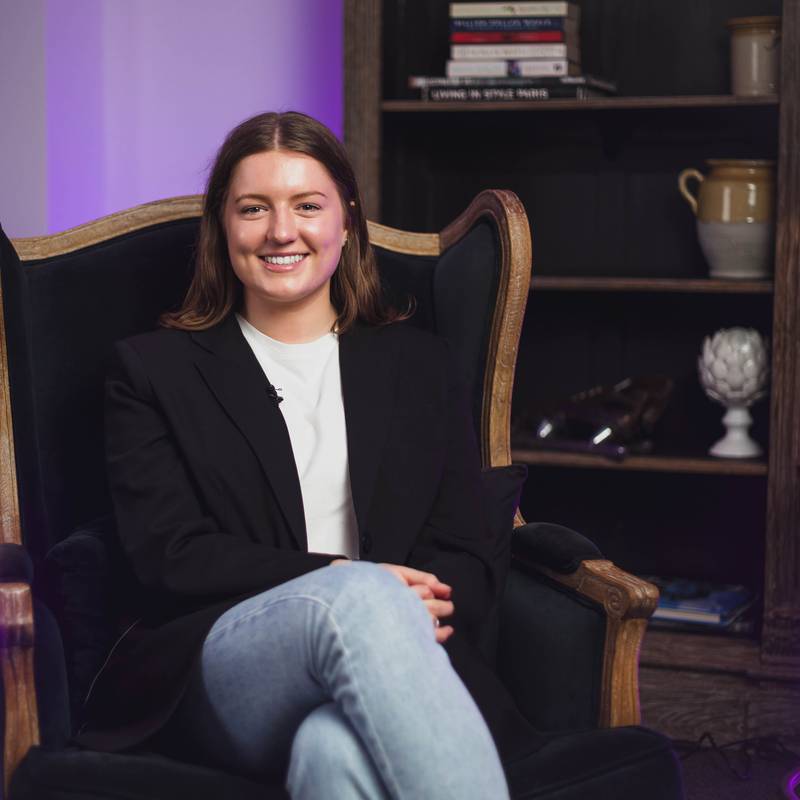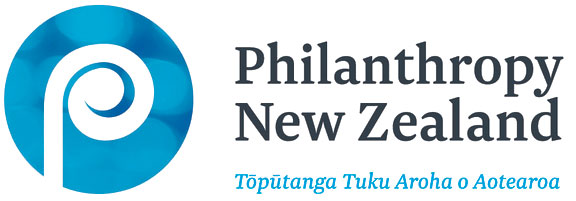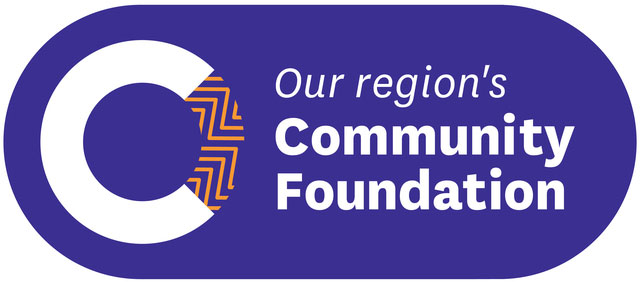News Stuff interview with Thinker in Residence
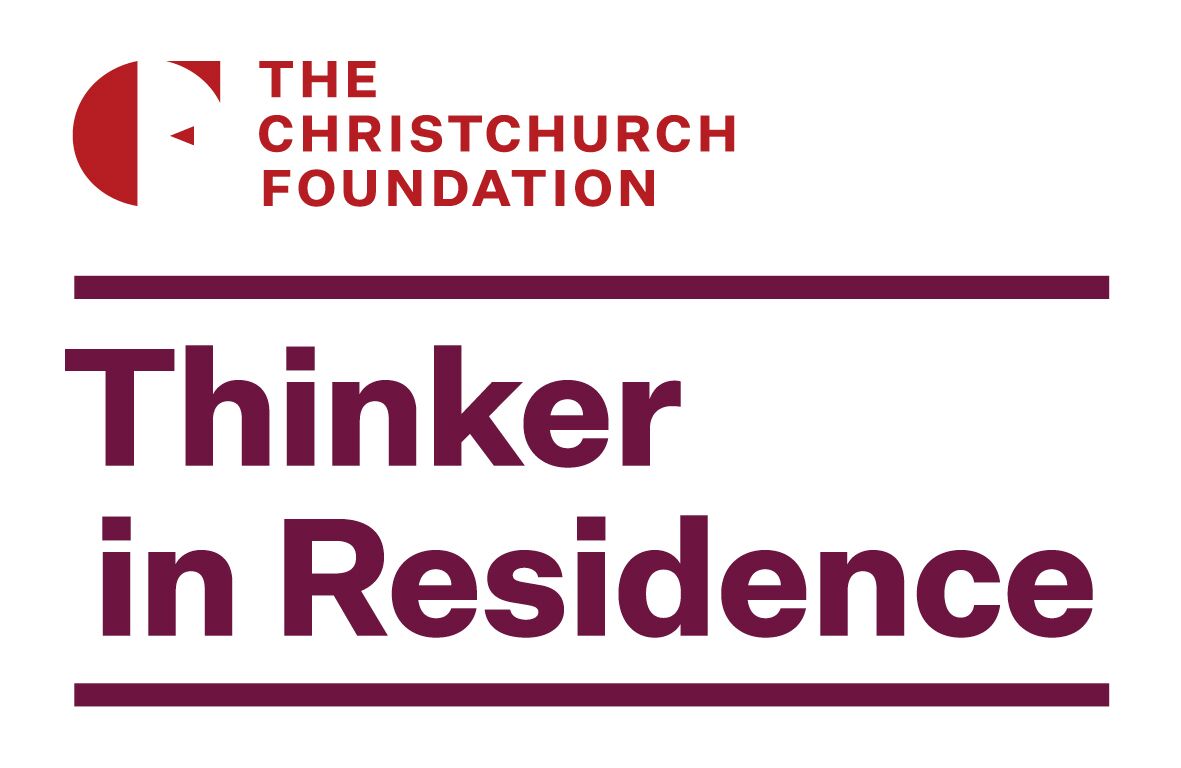
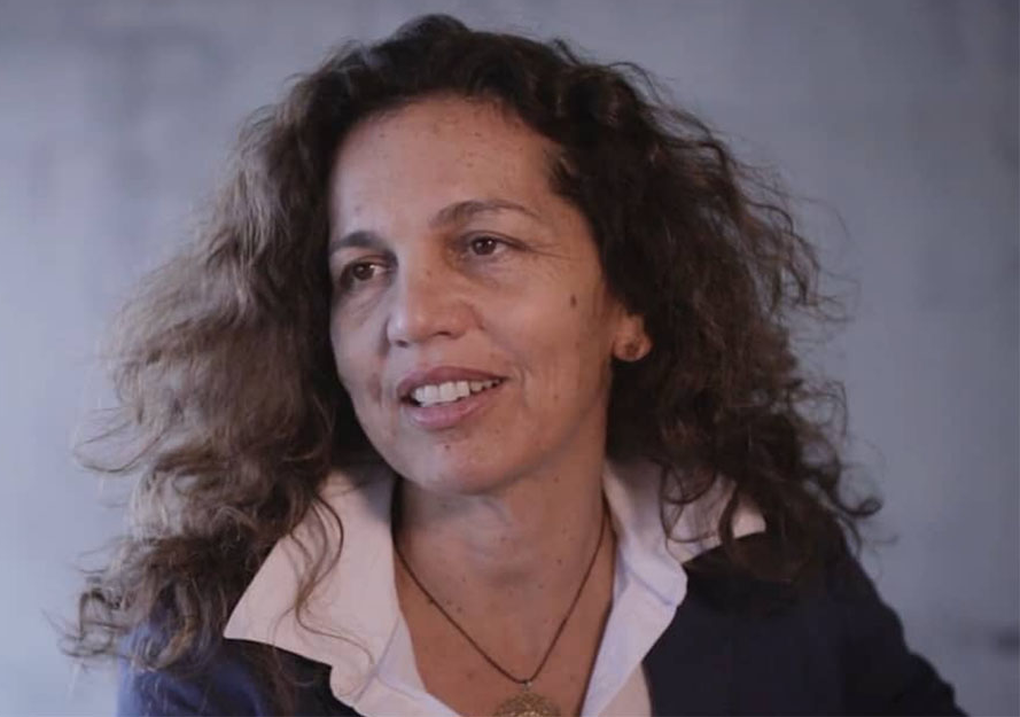
"My profession is a citymaker," Hila Oren tells an audience of around 200 people on a Monday morning in the auditorium of the Piano arts centre in Christchurch.
Those with little patience for visions, strategies and aspirations are not in attendance. One or two duck away quietly while Oren's warm-up acts speak. But most seem engaged or at least curious.
What they want to know is whether Oren can tell us what Christchurch is now and what it should be. What is wrong with us and what is right?
Oren, the CEO of the Tel Aviv Foundation, is Christchurch's first thinker in residence. The role was created by the Christchurch Foundation, a charity formed in 2017 as a vehicle for philanthropy in the city. There has been a small amount of scepticism about both the "thinker" title and the broader notion of an international expert flying in for three weeks to tell us about ourselves.
Why do we need a thinker from Tel Aviv to inform us that the daffodils in Hagley Park are nice, Newstalk ZB host Chris Lynch inquired of Christchurch Foundation chief executive Amy Carter on air this week.
Not everyone has been so critical. Tim Loftus, general manager of marketing, brand and communications at the Christchurch City Council-funded economic development and city profile agency, ChristchurchNZ, is a big Oren fan.
Asked by email for a few lines about what he learned from Oren, he replies: "Hila Oren is a force of nature with seemingly endless passion. Hila's expertise in urban development and city branding, combined with her love for our city, has made for an incredibly inspiring few weeks of workshops.
"Hila has challenged us all to truly own our rich heritage and to be bold and innovative in our thinking. She has reminded us that our past is central to crafting our future, and we do not need to wait any longer to proudly promote our unique story."
Force of nature seems accurate. Oren does have charisma and a kind of blazing intelligence. She is the smartest person in a room of 200, dressed in bright red among the greys, creams and blues of Christchurch leaders.
Her frankness can seem impressively blunt if you are used to our reserved diffidence and unwillingness to offend. When I ask about her time here, she charges straight in.
"First of all, nobody knows about Christchurch out there in the world," she says. "I'd never heard of Christchurch before. So this is one thing. To acknowledge a place, once you've acknowledged it, what are you acknowledging it for?"
The theme that emerges during the morning is the new branding of Christchurch as a city of explorers. You might think of Ernest Shackleton leaving from Lyttelton. You might think of Māori reaching these shores centuries ago or the first four ships. You might think of Ernest Rutherford splitting the atom or Kate Sheppard winning women the vote, if you are okay with stretching the meaning of "exploring".
"The exploring thing for me is mind-blowing," Oren says. "I go all over the world to different cities. New York, Tokyo, Shanghai, Moscow, Hong Kong, whatever. Christchurch is just so special. It's so small but so special."
We have a problem, though, and it is quite a significant one. We don't know how to host.
"You're comfortable here but a visitor is not really comfortable. It's not that you're bad hosts. You're very polite and nice and everything is great but you need to do more in order for people to feel at home and comfortable because in another place, like in Europe, people already feel at home because it's not so far from home. Whoever comes here needs more than a visitor in other parts of the world. You guys are not aware of that of course because this is your home."
Find some way to host people, she says. She was hosted "so beautifully" by students at Linwood College.
But she notices the curfew at 5 or 6pm, the emptying out of an already sparsely-populated city, as everyone scurries home before dark. Turn on some lights, play some music.
"There is no place where you can gather here."
Auckland is a global city, a business centre. Wellington has its arts identity.
Christchurch? She gestures at the screen, where she had projected a photo she took that morning of schoolgirls walking past daffodils in Hagley Park. She had to take the grainy picture herself because, somehow, none of the city's promotional agencies had such an iconic image on file.
"The picture I put there, you won't see that picture in any other city in New Zealand. It's so beautiful. It's like being part of a movie. But please host us into your movie."
As long as it's not a disaster movie. Another theme that emerges over the course of the morning is that, as KPMG consultant Simon Hunter puts it, "the recovery mindset hasn't been kind to Christchurch".
Is this true? Is the earthquake no longer important?
"It's not important at all," Oren says. "You talk to New York about 9/11, is it important? It's an issue. Do you come to Tel Aviv and talk about the assassination of Yitzhak Rabin? It's important to us internally. We have to live with it but this is not a story to tell.
"Come on, let it go. It's not saying anything bad about you guys, or New York or Tel Aviv, but each city has its own challenges. Okay. But get on with your future."
The timing is perfect as Oren is in town just as the city's promoters and elected leaders look for ways to revive the moribund centre. What do we do and where does the city go after the inevitable post-reconstruction slump?
A plan put to council by rebuild planning body Regenerate Christchurch with help from ChristchurchNZ, wants to see 24,000 new residents in the city, 15,000 new jobs and an increase in the city's gross domestic product by 24 per cent to $24 billion.
While it could be called more of an aspiration than a plan, the document shows that the city is once again at a critical moment. We had the emergency phase and the blueprint phase. Now we seem to be having the same discussions we had a decade ago: how to get people living, shopping and working in the centre?
It is a depressing thing to consider. After everything, are we going to become that quiet, declining city again? The city was characterised by a certain complacency, a lack of ambition.
Has Oren encountered a complacent or negative mindset during her time in Christchurch?
"I don't think it's negative. You have that mindset of the tall poppy. 'We don't say good things about ourselves. We are modest, everybody's in a line'.
"I come from a place where, no, not everybody's in a line and we do want the excellent people and we want to push. This is about storytelling. It's about finding the interesting things and putting them out there. The opposite of the tall poppy."
Oren's views and those of ChristchurchNZ are in close alignment. "Our people are explorers, challenging the status quo," as a promotional video presented by Loftus says.
ChristchurchNZ's #ExploreChristchurch campaign, launched in July, was about encouraging locals back into the centre.
Turn on some lights, play some music Christchurch, says Hila Oren. She says the city empties after dark and everyone ...
Turn on some lights, play some music Christchurch, says Hila Oren. She says the city empties after dark and everyone scurries home.
In May, ChristchurchNZ chief executive Joanna Norris said the city's "Antarctic gateway" status is one of our unique value propositions. Oren calls the gateway to Antarctica "a very unique selling point".
How about Ngāi Tahu? Is the South Island iwi a unique selling point?
"It's part of your DNA but not your unique selling point," Oren says. "Just like in Tel Aviv, Jaffa Arabs are not the unique selling point because Arabs are all over Israel, Māori people are all over New Zealand."
In Tel Aviv, one of Oren's aims is to identify and support public-private partnerships. Courting business, in other words. During her presentation in Christchurch she asks how many are from the private sector. A small number of hands go up.
As well as her Tel Aviv role, Oren has a longstanding relationship with Barcelona's "smart city" marketing and was just in Moscow, which has improved hugely over the six years since she last visited. She has also worked with innovation teams in Rome, Stockholm and Copenhagen.
"I would love to go on that journey with Christchurch, to see where we are now, and where we will find ourselves in five years from now. I feel I'm tied somehow to you guys.
"Sometimes cities use other people to tell their stories. I'm not part of Christchurch but I can tell your story better sometimes because I'm an outsider."
The association is to continue for a while longer. Oren will join the Christchurch Foundation for its London launch, aimed at inspiring expats to donate. In the meantime, she leaves us with a small piece of advice.
That image of daffodils in springtime is the kind of thing we could easily take for granted, I tell her.
"Never take anything for granted," she says.
